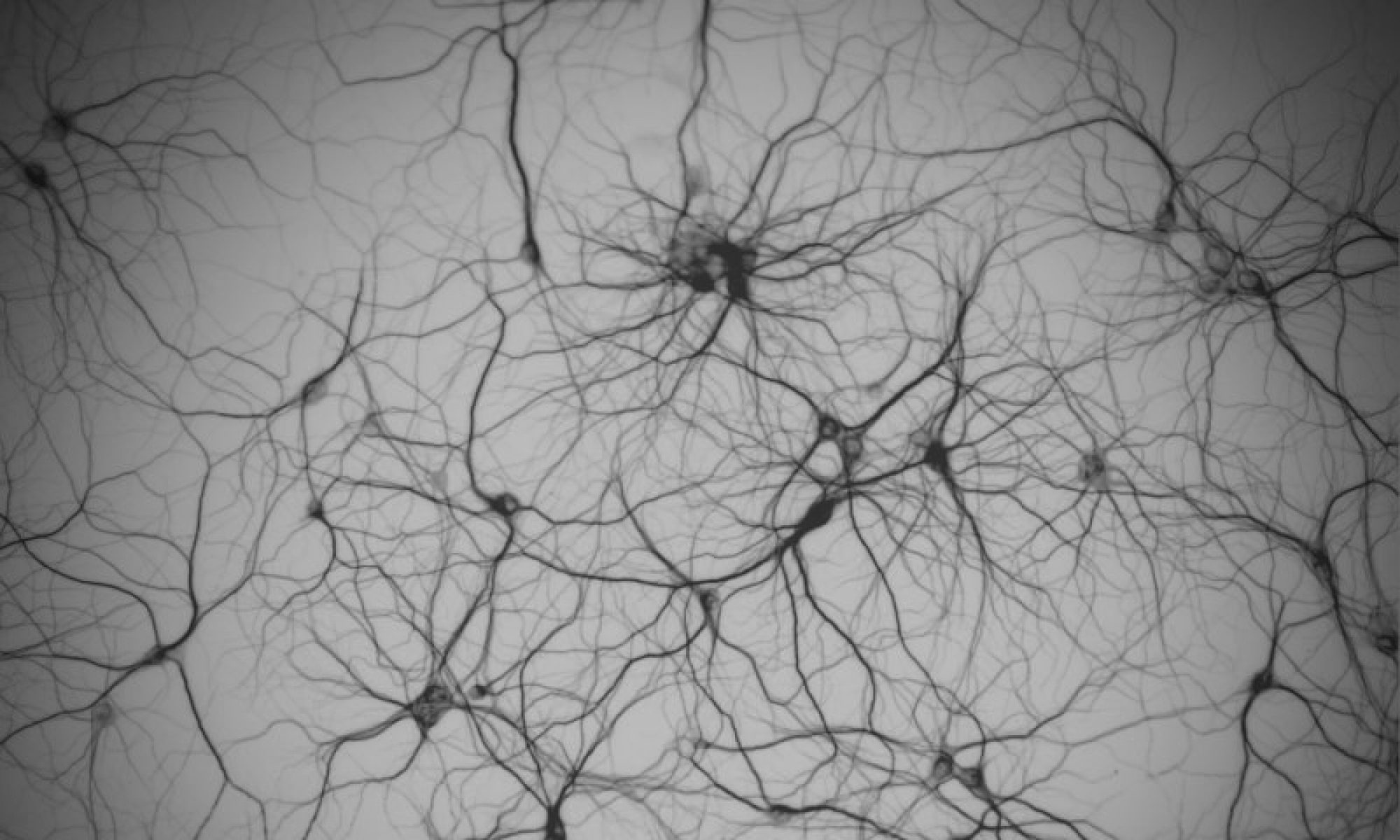The Meeting of Bodies: Basic forms of Shared Experiences
Human beings show this fascinating ability to meet each other’s minds, sharing their
emotions, intentions, desires and perceptual experiences. This talk examines what counts as
the most basic forms of shared experiences. For example, Zahavi & Rochat (2015) recently
draw on phenomenological insights and developmental studies in order to support the idea
that empathy (with its preservation of self-other differentiation) must be considered a central
precondition for experiential sharing
While previous approaches defined experiential sharing by using vision as a paradigmatic
example of ‘togetherness’ (e.g. face-to-face encounters), here I argue that we need to consider
the case of intersubjective touch in early infancy (skin-to-skin encounters) and shared
embodiment as a more basic model of experiential sharing in general.
Specifically, I focus on a relatively overlooked aspect, namely the fact that we all start our
journey into our experiential life within the experiencing body of another person. The aim is
to show that shared experiences are phenomena emerging first and foremost from a ‘meeting
of bodies’ rather than of minds as such they precede rather than presuppose empathetic
abilities. I conclude by discussing discuss potential implications of this bottom-up, dynamic and
developmental perspective on therapeutic interventions for self-disturbances in dissociative
conditions such as depersonalisation.
BIO: I am a Researche Associate at the Institute of Philosophy, Porto, and the Institute of Cognitive Neuroscience, University College London, UK where I lead as Principal Investigator the
interdisciplinary project “Estranged from Oneself, Estranged from Others- Investigating the
effect of Depersonalisation on Self-Other Mirroring”. Before that I was Research Associate at
the Department of Clinical, Educational and Health Psychology, UCL, the UK. My research focuses on the relationship between (a)typical forms of bodily self-consciousness
and social interactions. My work combines interdisciplinary resources from philosophy,
experimental psychology and cognitive neuroscience in order to gain a better understanding
of the bodily foundations of subjective experiences and phenomenal selfhood, both in health
and disease. I am also the main coordinator of the interdisciplinary Network for Embodied Consciousness and the Arts (NECTArts) connecting artists, researchers, clinicians, performers and people with lived experiences working at the interface between arts and science, with focus on the link between altered sense of self and social isolation.

